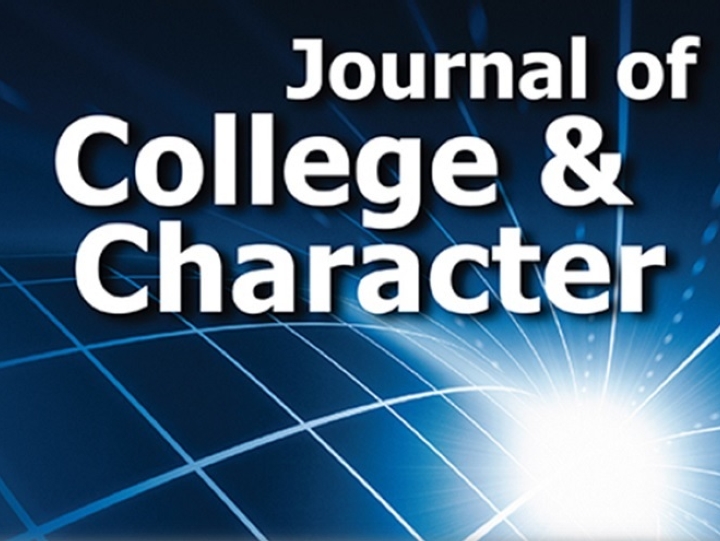
Questions Relating to Moral Development: JCC, November 2021
November 24, 2021
Here are some important questions relating to moral development that are explored in articles in the November 2021 issue (vol. 22, no. 4) of the Journal of College and Character:
1. How has White Christian supremacy affected marginalized identities?
Introduction to the Special Issue: “The Emerging Critical Religious Studies Lens in Higher Education”
Jenny L. Small, Sachi Edwards, and J. Cody Nielsen
The authors write that studying religious, spiritual, and secular identities without accounting for the disparities in power and privilege between those in the religious majority in the United States and those whose identities are marginalized is inadequate. Read the article.
2. What are some concerns regarding religious accommodation policies in many U.S. universities?
Privilege as Policy? An Analysis of Student Religious Accommodation Policies in Higher Education
Gordon Maples, Leah Rediger, and Jenny L. Small
The authors examine student religious accommodation policies from 36 universities in the United States specially looking at equity, diversity, and inclusion; manifestations of Christian normativity; inclusiveness of all religious, secular, and spiritual identities; and for any notable patterns. Read the article.
3. What are some of the onto-epistemic biases in existing higher education research?
Religious “Nones” and Onto-Epistemic Socialization: Problematizing Participant Self-Identification in Research on Religious Identity
Sachi Edwards
Sachi Edwards examines problems in the practice of relying on participant self-identification in research on religious, secular, and spiritual identity within the field of higher education, with particular attention to the implications related to participants who chose non-religious labels. Read the article.
4. How does experiencing dissonance provide a means of reflection on power dynamics that take place in religious/ spiritual spaces and practices?
Living on the Borders of Religious Intersections: Being Centered Within One’s Dissonance
Mary Ann Bodine Al-Sharif and Kate Curley
The authors explored how individuals spoke about the dissonance they experienced due to their own intersections of identity within religious and/or spiritual spaces in their communities and on college campuses. The esearchers sought to understand how discourse may or may not have challenged the idea of dissonance as a negative transitional state of being within the boundaries of current definitions of religious and spiritual spaces Read the article.
5. Conflict and Community: Outcomes of South Asian Indian American Students’ Involvement Within Christian Student Organizations
Targeted and Omitted: Institutional Role of Protecting Minoritized Religious Groups Against Hate Crimes
Costin Thampikutty and Justin Samuel
The authors analyzed the experiences of 15 Indian American college students involved in Christian Student Organizations to note how their involvement affected their cocurricular experience and identity development crimes. Read the article.